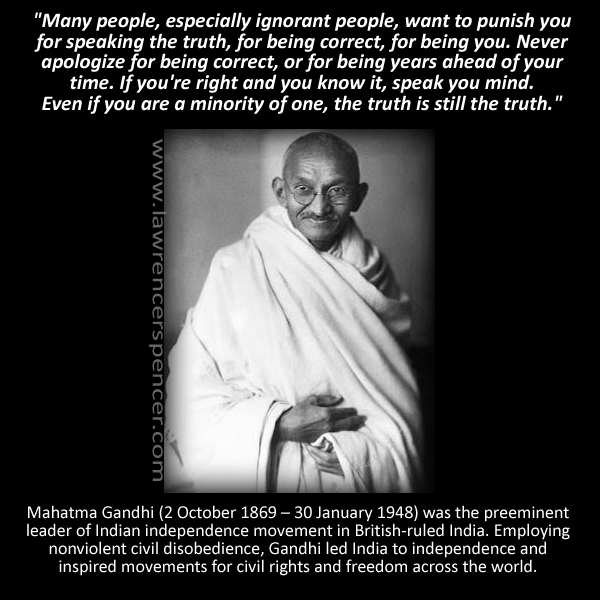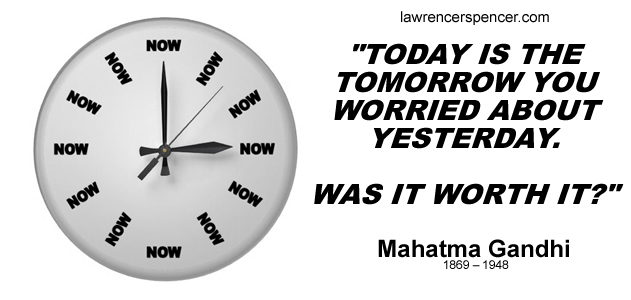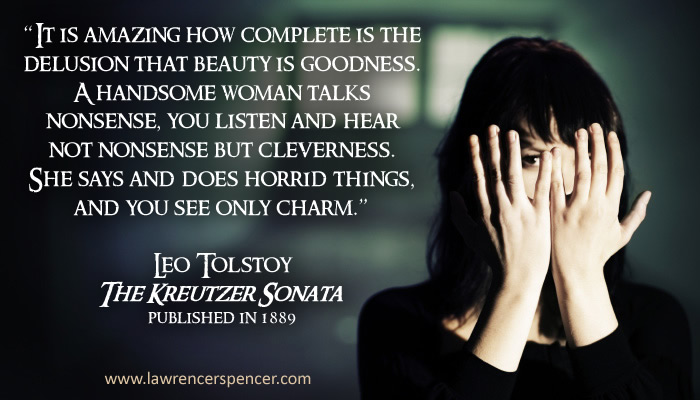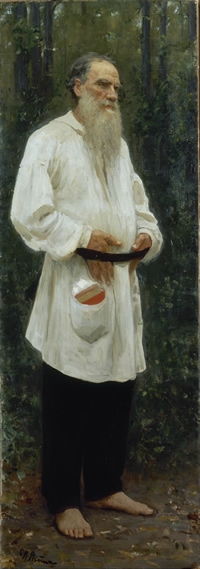Republished by Blog Post Promoter
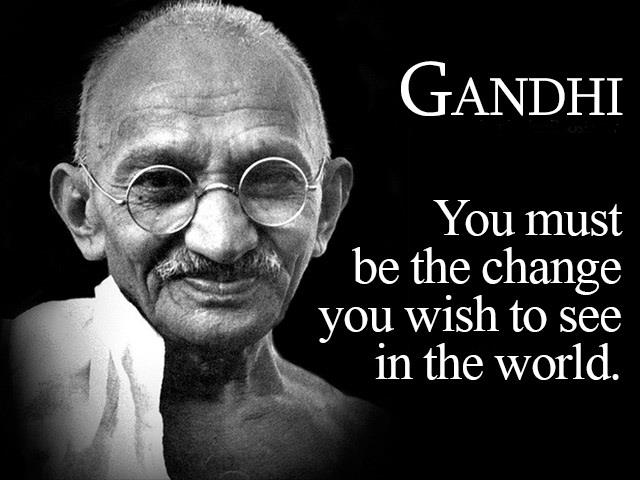 Mahatma Gandhi needs no introduction. In India, his name is pronounced with the same sincere respect as the names of the saints. The whole world knows the man who led his country to independence from Britain back in 1947.
Mahatma Gandhi needs no introduction. In India, his name is pronounced with the same sincere respect as the names of the saints. The whole world knows the man who led his country to independence from Britain back in 1947.
- First they ignore you, then they laugh at you, then they fight you, then you win.
- If I had no sense of humor, I would long ago have committed suicide.
- An eye for eye only ends up making the whole world blind.
- The world has enough for everyone’s need, but not enough for everyone’s greed.
- The future depends on what you do today.
- The weak can never forgive. Forgiveness is the attribute of the strong.
- The best way to find yourself is to lose yourself in the service of others.
- Whatever you do will be insignificant, but it is very important that you do it.
- Freedom is not worth having if it does not include the freedom to make mistakes.
- The only tyrant I accept in this world is the ’still small voice’ within me.
- The greatness of a nation and its moral progress can be judged by the way its animals are treated.
- It has always been a mystery to me how men can feel themselves honoured by the humiliation of their fellow beings.
- A small body of determined spirits fired by an unquenchable faith in their mission can alter the course of history.
- ’Love never claims, it ever gives. Love ever suffers, never resents never revenges itself.
- Find purpose, the means will follow.
- Live simply so that others may simply live.
- Anger is the enemy of non-violence and pride is a monster that swallows it up.
- It is unwise to be too sure of one’s own wisdom. It is healthy to be reminded that the strongest might weaken and the wisest might err.
- The human voice can never reach the distance that is covered by the still small voice of conscience.
- An ounce of patience is worth more than a tonne of preaching.
- In a gentle way, you can shake the world.
- Nobody can hurt me without my permission.
- Where love is, there God is also.
- What difference does it make to the dead, the orphans, and the homeless, whether the mad destruction is wrought under the name of totalitarianism or the holy name of liberty or democracy?
- You must not lose faith in humanity. Humanity is an ocean; if a few drops of the ocean are dirty, the ocean does not become dirty.
- A man is but the product of his thoughts what he thinks, he becomes.
- A ’No’ uttered from the deepest conviction is better than a ’Yes’ merely uttered to please, or worse, to avoid trouble.
- Strength does not come from physical capacity. It comes from an indomitable will.
- ’True beauty lies in purity of the heart.
- You must be the change you wish to see in the world.


